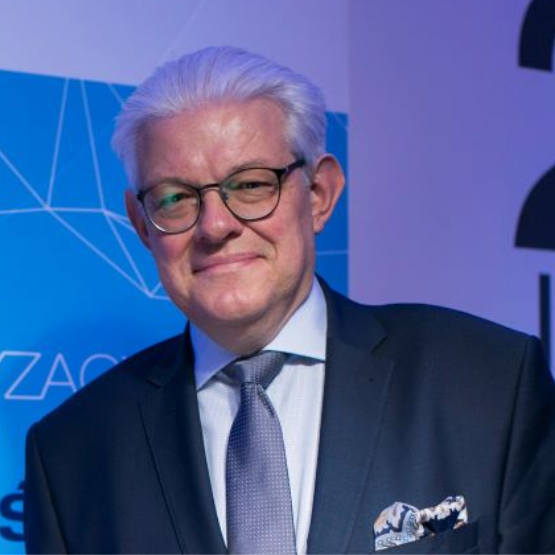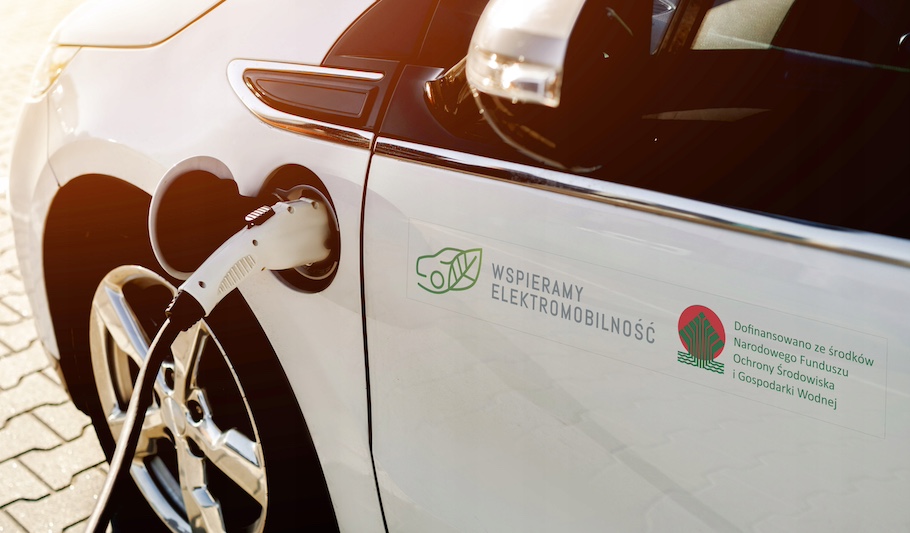Recently, the Polish National Fund for Environmental Protection and Water Management (NFOŚIGW) announced the suspension of subsidies for electric vehicles (EVs) for the remainder of 2024 in Poland, starting from 1st September, following the exhaustion of the “Mój Elektryk” programme’s budget.
The programme provides for the possibility of co-financing projects involving the purchase/leasing of new zero-emission vehicles.

Jan Wiśniewski, Director of the Research and Analysis Centre at PSNM, says: “This poses a serious risk of declining EV demand in Poland.”
He continues: “Leasing is particularly popular among entrepreneurs, who purchase over 80% of fully electric cars in the Polish market.”
The decision to delay the project until early next year has raised concerns in the eMobility sector, as the programme is a significant source of support for the development of sustainable mobility in Poland.
Indeed, since its implementation in 2021, the number of registrations has increased by 270.6%, according to data from the Polish association.
Wiśniewski adds that “the suspension of applications will have adverse effects on the market,” as businesses “may postpone decisions on purchasing electric cars until the end of this year.”
Jakub Faryś, President of Polski Związek Przemysłu Motoryzacyjnego (PZPM), also states that “it is companies that buy the vast majority of passenger vehicles, including zero-emission ones, in Poland.”

“As an industry, we are very surprised by the suspension of the programme because we have received assurances for many months that it would continue,” he continues.
In this context, Faryś suggested that it would be appropriate to explore the option of allocating part of the 1.6 billion Polish zlotys from the KPO to co-finance the purchase of zero-emission vehicles by companies.
This support would effectively complement the “Mój Elektryk” programme, ensuring purchase continuity and keeping the market dynamic until subsidies are resumed.
“Poland is in the early stages of transitioning to zero emissions, and any disruption of this kind causes problems for businesses in the market, including image issues, and slows down the process of vehicle replacement,” Faryś concluded.
July figures in Poland
According to data updated in July 2024, the Polish nation registered a total of 70,579 electric passenger cars and commercial vehicles.
During the first seven months of the year, 14,102 new units were added, representing a 6% increase compared to the same period in 2023, according to the Electromobility Counter from PZPM and PSNM.
In the same month, the number of electric cars on the roads reached 122,299 across the country.
Of these, 63,540 are zero-emission vehicles, while 58,759 are plug-in hybrids (PHEV).
Additionally, the fleet of electric delivery vehicles and trucks amounted to 7,070, while the number of electric mopeds and motorcycles also showed steady growth, reaching 21,840 units.
Furthermore, the number of hybrid passenger cars and delivery vans totalled 839,513 by the end of the month.
Regarding zero-emission buses, the fleet consisted of 1,373 units, of which 1,307 are electric, and 66 run on hydrogen.
Meanwhile, the charging infrastructure continued its expansion.
By the end of July, Poland had 7,563 public charging points for electric cars, spread across 4,163 stations.
Of these points, 29% were fast direct current (DC) chargers, while 71% were slower alternating current (AC) chargers with a power output equal to or less than 22 kilowatts.
Finally, 308 new charging points were opened during the period mentioned.








